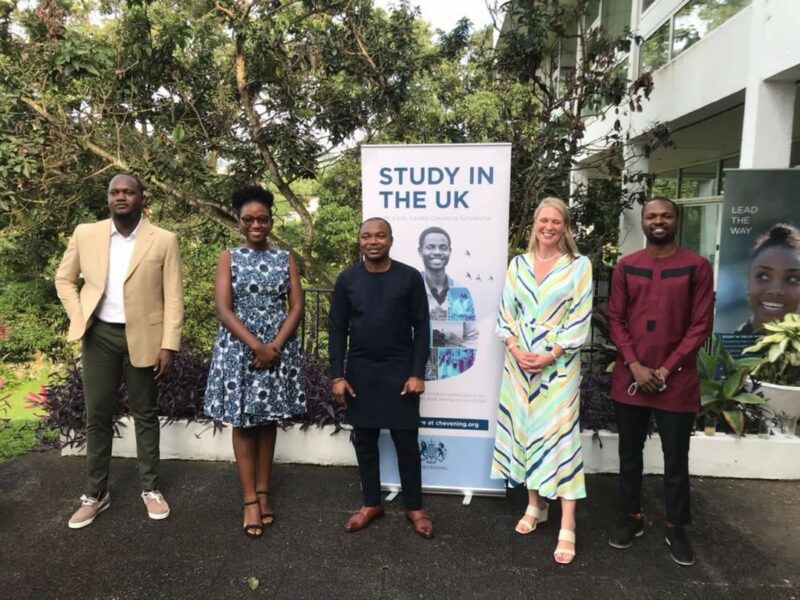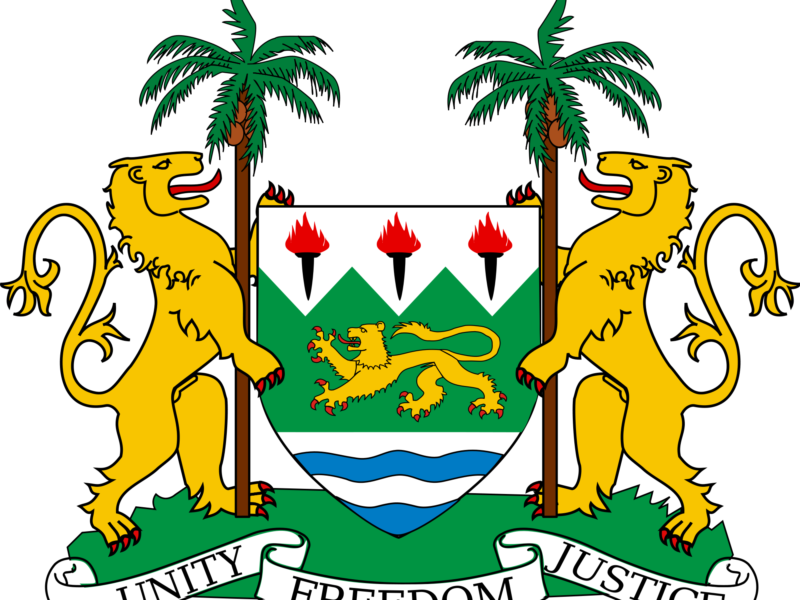The Law of Necessity A Development Tool
On Tuesday February 9th, Nigeria’s Senate President David Marke and Nigerian Senators  made history one more time by succumbing to the political realities by not only allowing an amendment to the country’s constitution, but also applying the law of necessity to restore Political sanity to the beleaguered nation after it swerved in political limbo for seventy eight days (78 days).
According to David Marke, “the doctrine of necessity requires that we do what is necessary when faced with a situation that was not contemplated by the Constitution… “Viewed from an ordinary reading of section 145, we came to the conclusion that the President, through his declaration transmitted on the British Broadcasting Corporation (BBC) has furnished this parliament with irrefutable proof that he is on medical vacation in the Kingdom of Saudi Arabia, and has therefore complied with the provisions of section 145 of the 1999 constitution.
“For the avoidance of doubt, let me re-emphasized the import of prayer two of our resolution.
“The President will automatically resume office as President and Commander –in Chief once he is well enough and returns to the Country and informs us accordingly, pursuant to section 145â€. Said Senate President David Marke.
Arguably, it is uncommon for an interview on the airwave particularly from a distance to be adopted, as it was by the Nigeria’s Senate and its President David Marke as tangible evidence for any form of amendment to any statute of the constitution of a sovereign state.
The plausibility of even a competent Court of law to accept an audio transcription as evidence in any case, is such a difficult task, that it will only happen after the conclusion of several successful tests, and the fulfillment of several legal technical demands.
A herculean task though it was, Senate President David Marke and senators from the thirty six states that makes the Federation of Nigeria had no choice but to bend the rules and applied the law of necessity as was demanded by a situation that was best described as  Stillwater.
Several Theorists postulated different premises about Necessity: according to one of the theorists Allan Brudner (1987), University of Toronto, the law of necessity is characterized by several modes of feeling, Perception, Desire and Will, which are also called ideas. Â Â Â
According to him, to have rhetorical conceptions does not imply that we appreciate their intellectual significance.
Conversely, it is one thing to have thoughts and intelligent notions, and another to know what impressions, perceptions, and feelings that can correspond to them.
In the United States of America (USA). Criminal law necessity may be either a possible justification or exculpation for breaking the law.
In English law, there is no corresponding defence. Defendants seeking to rely on this argument, argue that they should not be held legally responsible for their deeds as an offence because their conduct was necessary to prevent some greater harm and when that conduct is not excused under some other more specific provision of law such as self defence.
In English law, the law of necessity recognises that there may be situations of such an overwhelming urgency, that a person must be allowed to respond by breaking the law.
There have been very few cases in which the defence has succeeded but the Crown Prosecution Service tends to exercise discretion not to prosecute those cases where it believes that the potential defendants have acted reasonably in all the circumstances.
So, Senate President David Marke and Senators were very correct to do what they did by appropriately applying the law of necessity to sanitize the political situation of Nigeria and save that nation from political turmoil.
Similarly, In Sierra Leone, the law of necessity was applied in 2007 by the Government of  President Ernest Bai Koroma, soon after his assumption of office, to increase electricity generation at the Kingtom Power House from less than five megawatts to more than fifteen megawatts within three months.
To expedite that process, the former Energy and Power Minister by passed one of the procedures, for the sake of prudence.
This move was born out of the urgency that actually characterized that situation based on the determination of the Ernest Bai Koroma to remove the country out of darkness in accordance with his promise, set time line and the dire need of electricity by the people of Sierra Leone.
This was unfortunately met with some negative Commentary from some political pundits in our Country.
The Republic of Sierra Leone and the Federal Republic of Nigeria have many similarities (Culture, Tradition, Languages Dialects and System of Governance) in Common.
In spite of the Geographical scope, some of the widely spoken languages (Yoruba, Igbo and Hausa) in Nigeria can also be founded in Sierra Leone. These do not include the second or official English Language of the two Countries.
In spite of the fact that the two Countries are practicing Democracy, both Countries differ in terms of principles, because the Federal Republic of Nigeria is practicing an American system of Democracy with a Senate, and a House of Representatives while Sierra Leone only has a House of Representatives/Parliament.
Pasco Gerald Temple, Information Attaché, Sierra Leone High Commission, Abuja, NigeriaStay with Sierra Express Media, for your trusted place in news!
© 2010, https:. All rights reserved.






